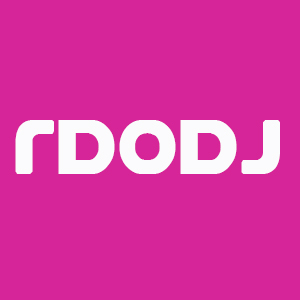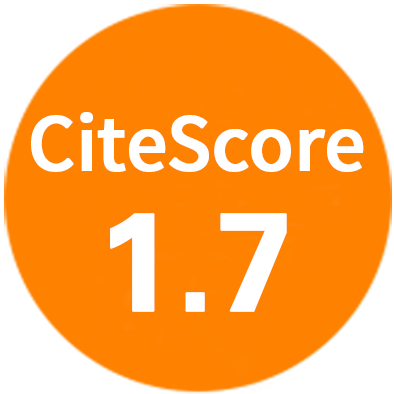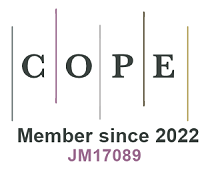Interview with Prof. Manuel Posada: Advancing Rare Disease Research and International Collaboration
On August 29, 2025, the Editorial Office of Rare Disease and Orphan Drugs Journal (RDODJ) had the pleasure of interviewing Prof. Manuel Posada, a distinguished Spanish researcher in rare diseases and public health, and a valued member of the RDODJ Editorial Board. In this conversation, Prof. Posada shared his experiences and insights on rare disease research, international collaboration, and the challenges and opportunities shaping the field today.
Interviewee Biography
Prof. Manuel Posada is a distinguished Spanish researcher specializing in rare diseases and public health. He has extensive experience in epidemiology, health policy, and international collaboration, with a particular focus on undiagnosed and rare diseases. For more than two years, he has devoted his efforts to setting up and coordinating RIBERSER (the Ibero American Rare Diseases Health Experts Network), in collaboration with ten Ministries of Health across Latin America, as well as universities, research centers, and patient organizations in the region. Throughout his career, Prof. Posada has worked to advance understanding of rare diseases, promote cross-national data sharing, and foster global research networks. He has authored numerous peer-reviewed publications and continues to provide valuable insights into improving research quality and strengthening international collaboration. He currently serves as an Editorial Board member of RDODJ.
Interview questions:
1. As a leading researcher in the field of rare diseases, which emerging directions or areas of investigation do you currently find most promising?
2. Based on your experience with national and international data sharing, how do you see global rare disease databases shaping and advancing future research?
3. Your survey highlighted significant differences in the diagnosis and care of undiagnosed rare diseases across countries. In your view, which factors—such as healthcare policies, economic resources, or research networks—contribute most to these disparities, and how can lower-income countries overcome these challenges? (A global survey about undiagnosed rare diseases: perspectives, challenges, and solutions)
4. Drawing from your experience at the interface of research and public health, which initiatives or strategies have proven most effective in translating rare disease research into tangible benefits for patients, both nationally and internationally?
5. Academic publishing plays a key role in advancing the field. Do you have any suggestions for Rare Disease and Orphan Drugs Journal, particularly regarding enhancing research quality and promoting international collaboration?
Editor: Monica
Language Editor: Catherine Yang
Production Editor: Ting Xu
Respectfully submitted by the Editorial Office of Rare Disease and Orphan Drugs Journal







